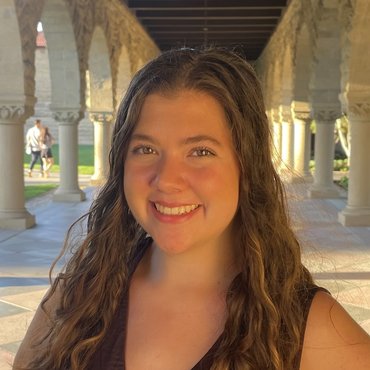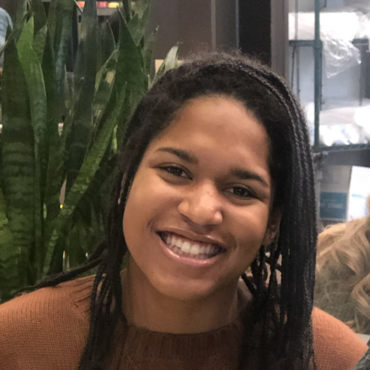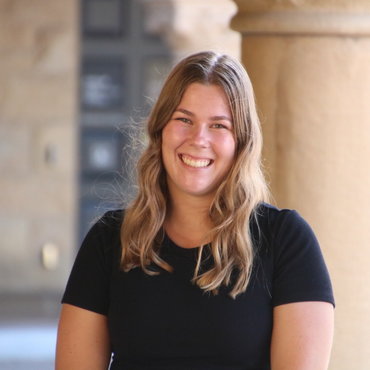
Sierra Ha, ’21
Opportunities to improve health during a pandemic
I used to be scared of doctors—not just because of needles, but because I knew how expensive medical appointments were. Growing up in a household of Vietnamese immigrants, I watched as family members struggled with access to medical care due to language, financial, and health literacy barriers.
In order to help people facing similar challenges, I began volunteering at the Pacific Free Clinic based in San Jose. The Cardinal Free Clinics, encompassing Arbor Free Clinic and Pacific Free Clinic, are a Stanford School of Medicine operated, student-run health clinic providing healthcare at no charge to community members. As a Bridge to Care counselor, I was responsible for connecting patients with resources outside of our clinic, including insurance, prescription assistance, specialty medical sites, and primary care providers. Getting patients set up with a long-term care provider is crucial because the Pacific Free Clinic is a transitional clinic. We would provide temporary care while arranging for patients to be set up with a clinic that could provide the long-term care necessary to manage their chronic conditions.
Through this work, I listened to the stories of many patients from diverse backgrounds. I learned about each of their medical challenges and unique personal struggles interfacing with the medical system which were exacerbated by sociocultural and economic circumstances. By working with and serving as a personal advocate for these patients—many of whom faced barriers to health such as lack of housing or undocumented status—I hoped to prevent them from falling through the cracks in a complex medical system. These experiences reaffirmed my motivation for pursuing medicine: to help guide patients through challenging times of vulnerability.
I continued to serve in different roles throughout our clinic, and during junior year, I was promoted to the role of staffing manager. However, right as I began my new job, our clinic was forced to shut down due to the COVID-19 pandemic.
Worried for our patients, many of whom would be unable to access care elsewhere, I worked with my fellow co-managers to completely transition our services onto a virtual platform. This transformation was a considerable challenge given our lack of existing infrastructure to support telemedicine, and we built many aspects from the ground up.
We also understood that our patient population—a largely low-income, uninsured, and racially and ethnically diverse group—would likely be experiencing hardships beyond limited access to healthcare. Food insecurity, housing insecurity, and unemployment had increased during the pandemic, and we were motivated to find ways to address these additional challenges patients might now be facing.
We implemented several new changes in our clinics. First, we designed a new protocol for using evidence-based screening tools in order to provide individualized resources addressing basic needs for each patient. Additionally, with grant funding from the Stanford Center of Excellence in Diversity in Medical Education and the Office of Faculty Development and Diversity, we launched a study to learn more about the unique changes in the medical and social needs of our patient population throughout the pandemic by conducting one-on-one interviews with both patients and our community partners. While the challenges presented by the pandemic were daunting at first, they provided a valuable opportunity to reevaluate and improve the way in which we served the overall health and well-being of our patients.
As I begin medical school this upcoming year, I’m grateful for the lessons that I learned through providing healthcare during a pandemic. In addition to seeing challenges as opportunities for growth, this experience highlighted to me that it is not enough to just treat a patient’s symptoms. Patients’ medical needs are largely determined by where they live, work, and other structural factors, so it is critical to recognize how these socioeconomic determinants, biases, and inequities shape health and to advocate for improvement in these areas. Throughout my career, I will strive to utilize this holistic approach to examine health and well-being in order to promote healthcare equity, quality, and accessibility for all.


